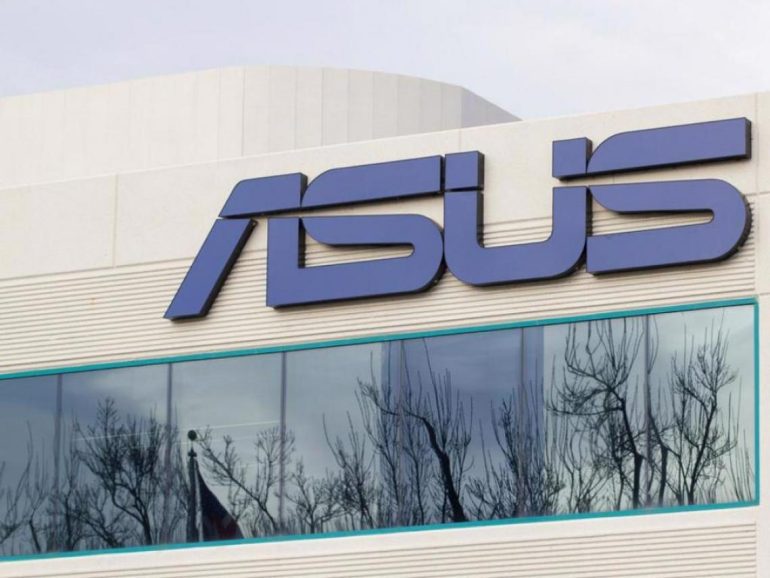- ASUS is expanding into enterprise technology and cloud solutions, moving beyond its consumer electronics focus.
- The company’s ventures include supercomputing projects like Taiwania 2 and Taiwania 4, along with datacenter construction.
- ASUS introduced the Formosa Foundation Model, a large language model tailored for generating text in traditional Chinese.
- They offer a range of server solutions, emphasizing energy efficiency and holistic integration.
- Despite facing price competition, ASUS’s end-to-end solutions resonate with clients seeking comprehensive offerings.
Main AI News:
Taiwan’s ASUS has long been synonymous with consumer laptops and Wi-Fi devices. However, beneath the surface, a silent revolution has been underway. ASUS is strategically venturing into enterprise technology and cloud solutions, marking a significant shift from its traditional consumer-focused approach.
At the recent Computex conference in Taiwan, The Register had an exclusive conversation with Jackie Hsu, ASUS’s Senior Vice President and Co-Head of the Open Platform Business and IoT Business Groups. Hsu unveiled ASUS’s ambitious plans, showcasing their foray into supercomputing, datacenters, and groundbreaking language model development.
ASUS made waves in the supercomputing arena with the Taiwania 2 and Taiwania 4 projects. The Taiwania 2 supercomputer, boasting nine petaflops of computing power, catapulted ASUS into the spotlight, securing a spot on the prestigious Top 500 Supercomputer list in 2018. Building on this success, ASUS clinched a bid to construct the Taiwania 4 supercomputer, underscoring their prowess in high-performance computing infrastructure.
Not content with just supercomputers, ASUS delved into datacenter construction, achieving an impressive Power Usage Effectiveness (PUE) rating of 1.17 – a remarkable feat, particularly in Taiwan’s challenging climate. Additionally, ASUS introduced the Formosa Foundation Model, a groundbreaking 176 billion-parameter large language model tailored for generating text in traditional Chinese. This initiative addresses the need for language models trained on local data, countering the dominance of American English-centric corpora.
Beyond hardware, ASUS offers a comprehensive suite of server solutions, catering to various needs, from standard servers to specialized AI infrastructure. Despite facing stiff competition, ASUS has garnered interest from hyperscalers impressed by its energy-efficient server offerings.
Looking ahead, ASUS aims to consolidate its diverse offerings into compelling solutions for enterprise clients. Hsu emphasized ASUS’s unique value proposition, leveraging its ability to deliver end-to-end solutions, including hardware, software, and infrastructure design. While price competitiveness remains a challenge, ASUS’s holistic approach resonates with clients seeking integrated solutions.
“This is definitely a big growth area for us,” remarked Hsu, underscoring ASUS’s commitment to expanding its presence in the enterprise sector. As ASUS continues to evolve, Hsu envisions a future where ASUS emerges as a formidable player in the enterprise technology landscape, leveraging its expertise to meet the rising demand for computational power and AI solutions, both locally and globally.
Conclusion:
ASUS’s strategic shift towards enterprise solutions signifies a significant evolution in the market. By leveraging their expertise in hardware, software, and infrastructure design, ASUS is poised to capture a larger share of the enterprise technology landscape. Their commitment to innovation and comprehensive solutions underscores their potential to disrupt the market and emerge as a formidable player in the global enterprise sector.

